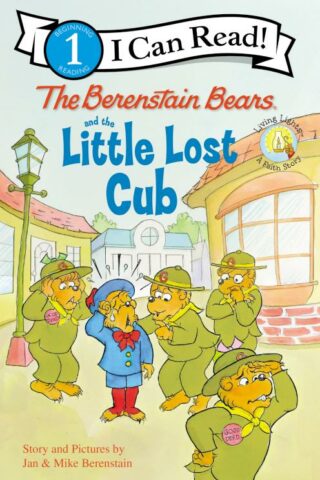Melissa Florer-Bixler
Showing all 2 resultsSorted by latest
-
Straight White Male
$20.00Straight, white, male pastor Chris Furr offers a guide to deconstructing that privilege in Straight White Male. With an emphasis on confession and redemption, Furr invites other privileged men to reconsider the ways they live, work, believe, and interact with others. Alongside Furr’s perspective, essays from contributing writers who lack various types of privilege-straight, Black man William J. Barber II, straight, white woman Melissa Florer-Bixler, queer, nonbinary latinx Robyn Henderson-Espinoza, and gay, white man Matthias Roberts-offer insights on how particular types and combinations of privilege (and the lack thereof) shape the way we move through the world. Their combined voices offer much-needed perspective through this deconstruction and provide a vision for how straight, white men can do better for ourselves, our families, and society.
As the cultural conversation around race, gender, and sexuality has evolved, straight, white men are becoming increasingly aware of their privilege. But many may be left thinking, “OK, what am I supposed to do about it?” “We need a way forward beyond feelings of guilt, overwhelmingness, anger, and denial.” “We are looking for transformative guidance that helps us be the good guys we want to be.”
Add to cartin stock within 3-5 days of online purchase
-
How To Have An Enemy
$16.99Does Jesus’ call to love our enemies mean that we should remain silent in the face of injustice?
Jesus called us to love our enemies. But to befriend an enemy, we first have to acknowledge their existence, understand who they are, and recognize the ways they are acting in opposition to God’s good news. In How to Have an Enemy: Righteous Anger and the Work of Peace, Melissa Florer-Bixler looks closely at what the Bible says about enemies–who they are, what they do, and how Jesus and his followers responded to them. The result is a theology that allows us to name our enemies as a form of truth-telling about ourselves, our communities, and the histories in which our lives are embedded. Only then can we grapple with the power of the acts of destruction carried out by our enemies, and invite them to lay down their enmity, opening a path for healing, reconciliation, and unity.
Jesus named and confronted his enemies as an essential part to loving them. In this provocative book, Florer-Bixler calls us to do the same.
Add to cartin stock within 3-5 days of online purchase

 Be Kind Journal
Be Kind Journal
 Gods Big Promises Advent Calendar
Gods Big Promises Advent Calendar





